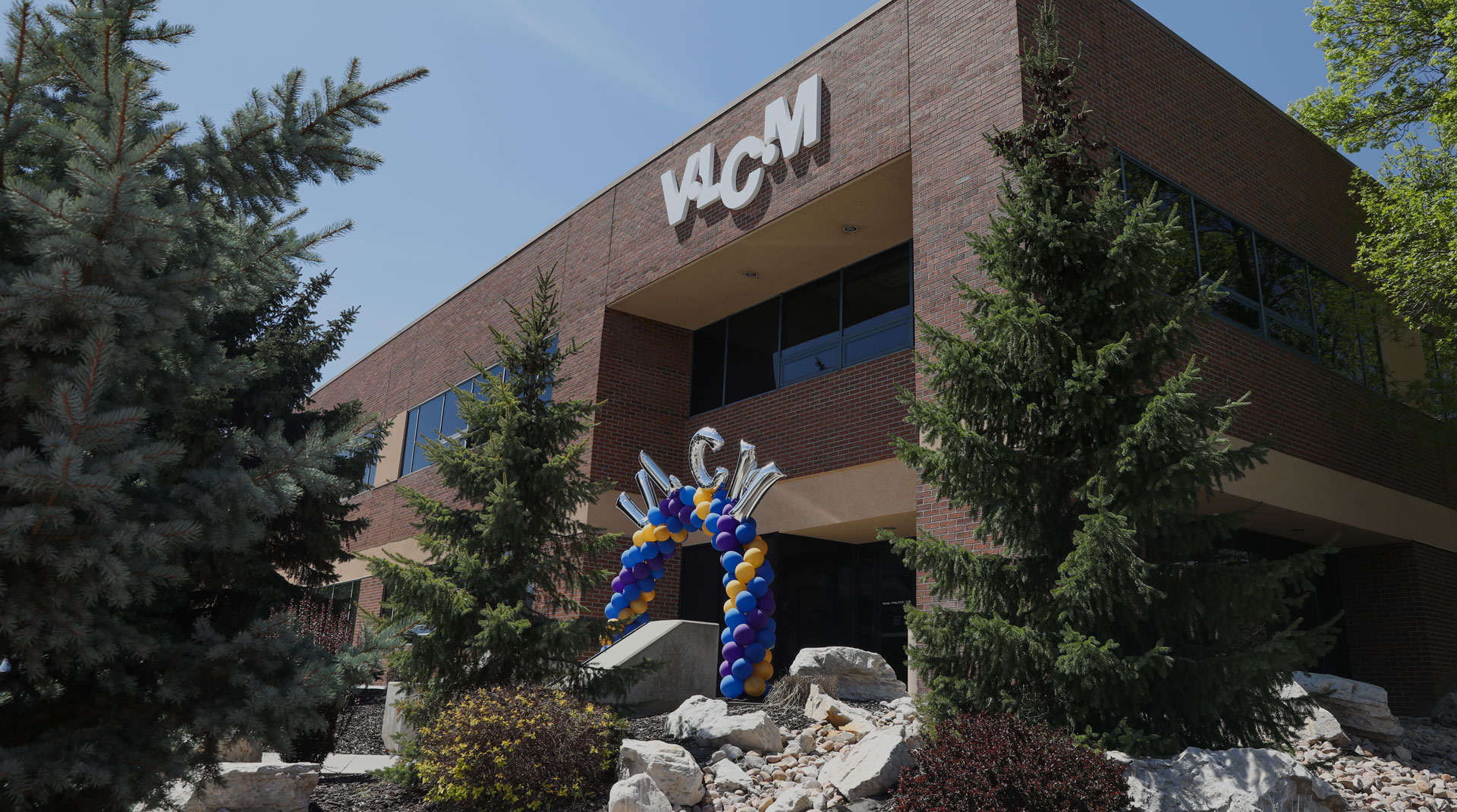After looking at how cancer research has changed during the time we've been around, we thought we'd also see how Huntsman Cancer Institute has changed since we began supporting research there 11 years ago.

2007
- Mario Capecchi, a University of Utah researcher affiliated with HCI, wins the Nobel Prize for Physiology or Medicine.
2008
- Construction of the hospital expansion begins.
2010
- The National Cancer Institute renews HCI's designation as a Cancer Center--which helps it attract research funding as well as talented new researchers.
2011

- The new hospital expansion opens (on the far left side of the building), expanding services in the treatment arm of the facility significantly.
2012
- HCI researchers find a new gene in which mutations lead to breast cancer.
- Scientists at HCI found a chemical that showed potential as a drug for leukemia. This compound, Lenaldekar, is still studied today.
- Other researchers at HCI make advancements in our understanding of Ewing Sarcoma--finding a new kind of the childhood cancer as well as genetic factors related to patient survival and spread of the disease.
2013
- Scientists at HCI discover the mechanism through which a genetic mutation in a gene called K-Ras is so deadly. Mutations in this gene are found in approximately 30% of cancers, "but mostly those with the worst prognosis".
2014
- Construction begins on a new research expansion of HCI
- HCI researchers publish a study describing a newly understood mechanism through which breast cancer spreads and a drug that could stop it.
- HCI scientists identify 4 more genes in which mutations can lead to breast cancer.
- The National Institutes of Health agrees to establish HCI as a site at which national clinical trials are held. At the time, there were only 30 to 40 of these locations in the U.S.
2015
- The National Cancer Institute designates HCI as a Comprehensive Cancer Center rather than simply a Cancer Center. There are less than 50 of these prestigious cancer treatment and research facilities in the country.
- A team of HCI researchers discovers a mechanism that may cause pancreatic cancer. It's important to understand the biological mechanisms behind cancer because then they can become targets for potential drugs to disrupt--hopefully leading to better treatments and cures.
- The FDA approves, for the first time, a drug to treat melanoma which is made from a herpes cold sore virus which is "designed to kill tumor cells". The drug was tested at HCI and is still used today.
- Scientists at HCI understand how aspirin might work to decrease the risk of developing certain cancers.
2016
- Vice President Joe Biden visits HCI to meet with administrators about efforts to increase the speed with which cancer research breakthroughs are made. His goal is to do this via increased funding and increased collaboration, among other things.
- A study out of HCI find that childhood circumstances, like parental occupations and neighborhood income, may have some kind of effect on a person's risk of developing cancer later in life.
- HCI leads an international study on colorectal cancer.
2017

- The new research expansion opens (on the far right side of the building), expanding the research capacity of the institute significantly.
- New research at HCI suggests that there are different kinds of small cell lung cancer, which act in distinctly different ways. It also suggests a chemical compound to treat one of those types of small cell lung cancer.
- Another HCI study finds a mechanism through which breast cancer destroys bone and suggests a potential drug to stop it from happening.
2018
- HCI is selected by the National Cancer Institute to act as a trial center in which cells extracted from real patient's tumors are used in research, to develop new drugs for cancer and test possible treatments. HCI's focus in this is on breast cancer. It is one of only four such trial centers in the U.S.
We are so incredibly proud of the work being done at Huntsman Cancer Institute, as it becomes more prestigious and (more importantly) as it's work at the forefront of understanding cancer and how to treat it becomes ever more groundbreaking. We are excited to support that research and even more excited to see what else they find.

 0 Comments
0 Comments
